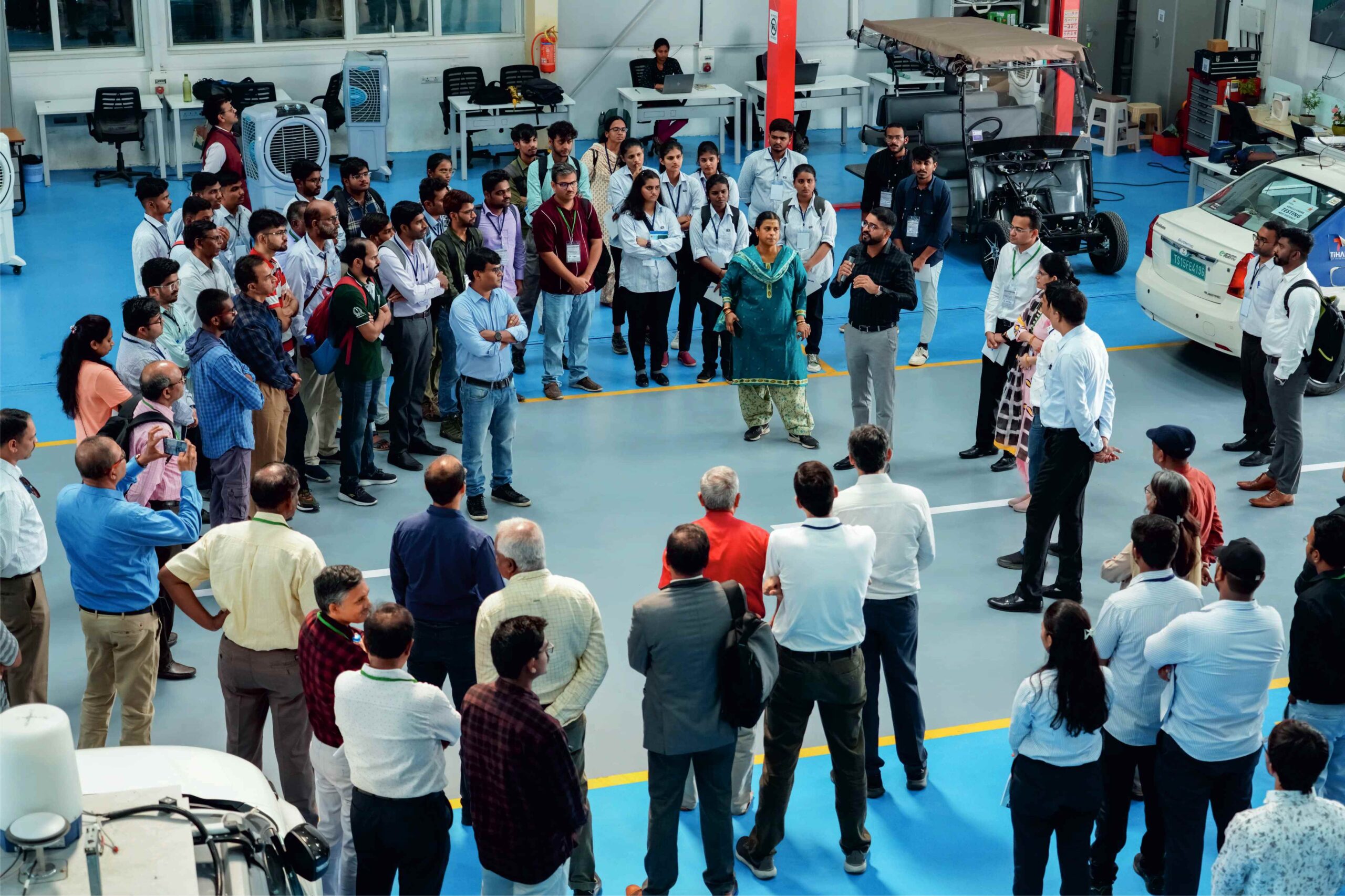

In a pioneering effort to enhance road safety, researchers at IIT Hyderabad, led by Dr. Digvijay S. Pawar, Associate Professor from Transportation Engineering Group, Department of Civil Engineering, have published a new study on the effectiveness and acceptance of Advanced Driving Assistance Systems among Indian drivers. This study, published in the Journal of Intelligent and Connected Vehicles, is the first of its kind in India. The research focuses on how ADAS can improve driver behaviour and reduce accidents.
The study involved 30 participants who drove a test vehicle twice on different types of roads, including expressways, urban roads, and semi-urban roads. The drivers experienced the vehicle with ADAS turned off initially and then with ADAS activated. Researchers used questionnaires and statistical tests to assess the effectiveness and acceptance of these systems.
Key findings from the study include:
- Male drivers showed significant improvement in staying within lanes with the help of LDW (Lane Departure Warning)
- Older drivers had the highest acceptance scores for ADAS, followed by middle-aged and young drivers
- The study found significant improvements in driver behaviour across different occupations and road types
- Drivers rated TSRW (Traffic Speed Recognition Warning) as the most useful feature, followed by LDW and FCW
While fully autonomous vehicles are still a distant reality in Indian mixed traffic scenario, the introduction and acceptance of active safety systems like ADAS represent a significant step forward in making Indian roads safer. This study not only provides valuable insights but also supports the development of policies to promote the adoption of these technologies.

The research efforts are ongoing and in progress to further understand the general effectiveness of ADAS on driver behaviour. Initial findings from IIT Hyderabad’s research mark a significant milestone in traffic safety and set the stage for further advancements in vehicle safety technologies in India.
Number of Forward Collision Warning (FCW) count (times): (a) Age group, (b) Gender, (c) Occupation, and (d) Road type. (Stealth phase: ADAS Off; Active phase: ADAS On)